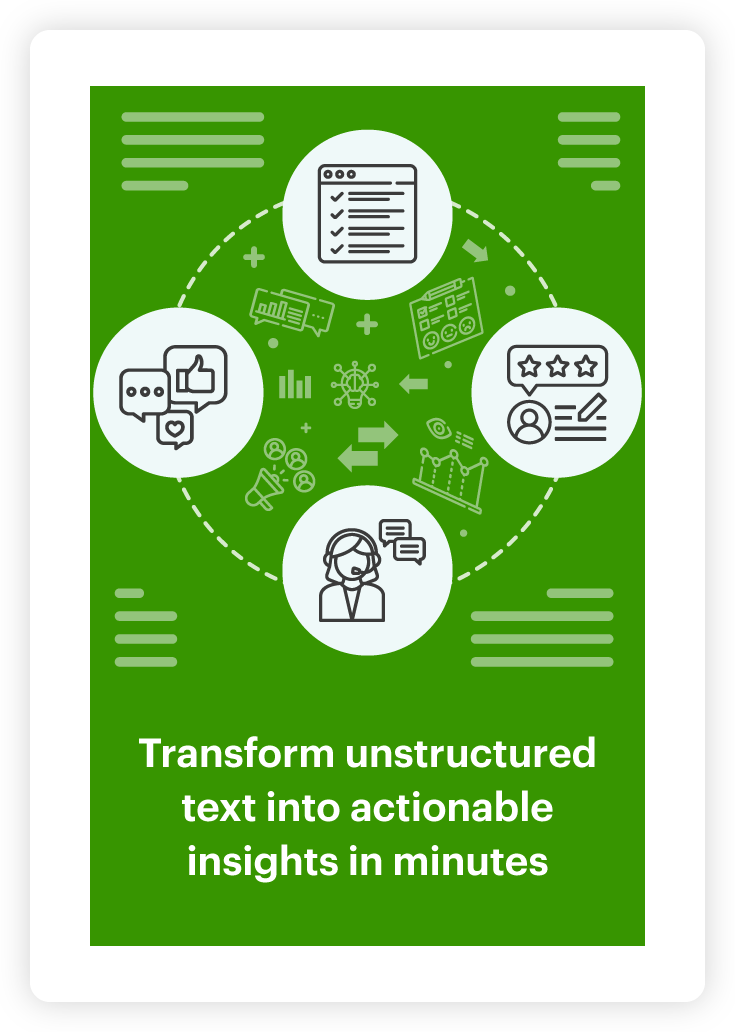Can you learn a language using an app?

Remember when quarantine hobbies were a thing? If you emerged from lockdown with the ability to bake sourdough or speak a new language, you have my utmost respect.
With the emergence of educational apps, it’s meant to be easier and more engaging than ever to learn a new language. Duolingo and Babbel have gained footing in the industry, but can an app really teach you what the classroom didn’t? Let’s find out!
Using Relative Insight’s comparative text analysis technology, we analyzed the language used by Duolingo and Babbel users on forums. Relative Insight cuts through the noise to hone in on the distinct topical, grammatical, and emotional language used by an audience or channel. Comparing how people talk about these apps side-by-side gives us insight into the unique obstacles users encounter, which serves as crucial customer and competitor intelligence.
Duolingo
The overarching attitude we saw from Duolingo users was a sense of happiness, and these customers were more likely to use words like happy, fun and enjoy. Duolingo is structured like a game, in which users can level-up, earn crowns and complete puzzles, and this format appeared to do the trick in making education fun.
However, Duolingo users were more likely than Babbel customers to voice issues and glitches with the app. Our analysis found words like fix, issue and problem used to describe things like audio bugs. Although this is to be expected from any tech product, the Duolingo forum included specific sub-threads for reoccurring technical issues.

Users on Duolingo had greater issues learning a new language, which we saw through the use of words like hard, difficult, challenging and complex. Duolingo is known to attract beginners, which could translate to greater difficulty adopting a new language.
Babbel
Overall, we saw positive and effective educational experiences from Babbel users who were more likely to use words like good and like when they described the app.
Although much of the Babbel commentary we analyzed was positive, customer service proved to fall short. We observed the phrase terrible experience infinitely more from Babbel users, often in the context of customer service practices including poor communication from account management professionals.
Cost was another complaint we observed from current and potential Babbel users, who were more likely to use words like cost, expensive, price and cheaper. While potential users inquired as to whether the purchase was worth it, some current users requested refunds to recoup the costs.

Babbel users were more likely to compare the resource to other language learning platforms. Our analysis found that Babbel users often pair the app with additional resources including Speakly, Clozemaster and Lingvist. Users looking to expand their knowledge asked for opinions on a range of resources and how they compare to Babbel.
Our analysis found primarily positive responses from Duolingo and Babbel users. They found the apps easy, fun and effective – but far from perfect. While Duolingo has some technical issues to work out, the Babbel team needs to improve customer service practices to retain users.
Using text analysis, forums are a goldmine of opinion and feedback. Within this specialized community, users feel comfortable asking questions, airing complaints and giving praise (when it’s deserved, of course). This format for feedback encourages honesty, lengthy responses and communication between users, resulting in the evolution and expansion of a topic. Analyzing the language used in forum conversations gives your brand or agency an undercover look at the true opinions of a target audience.
